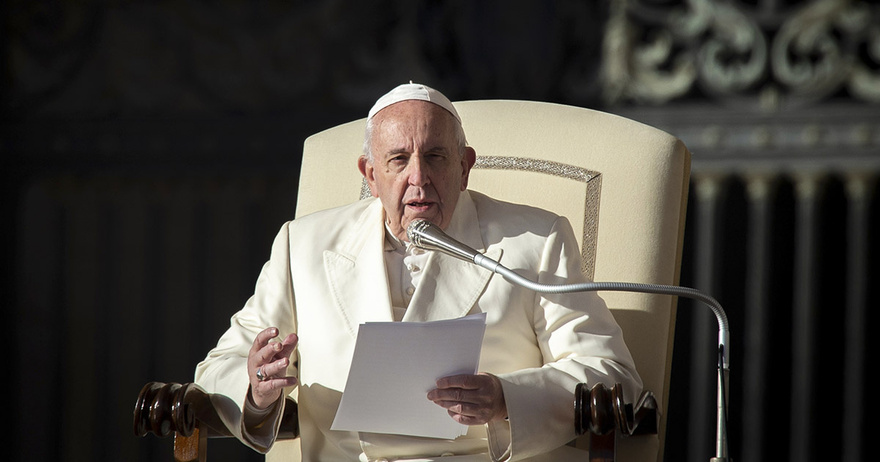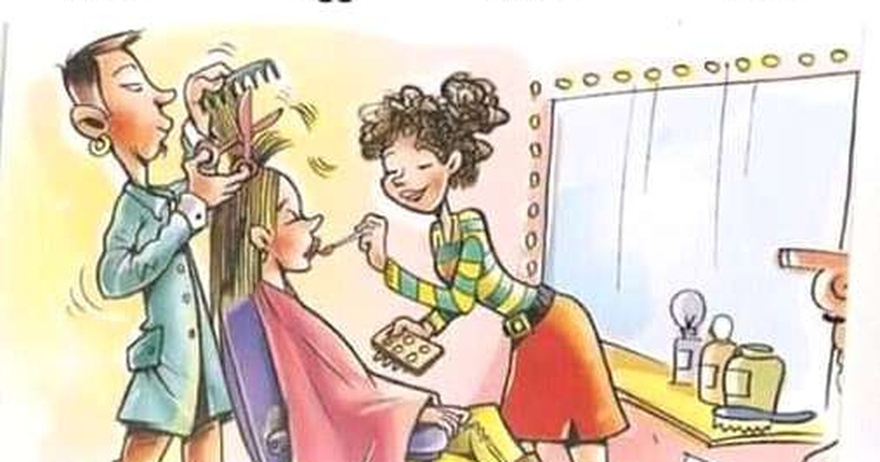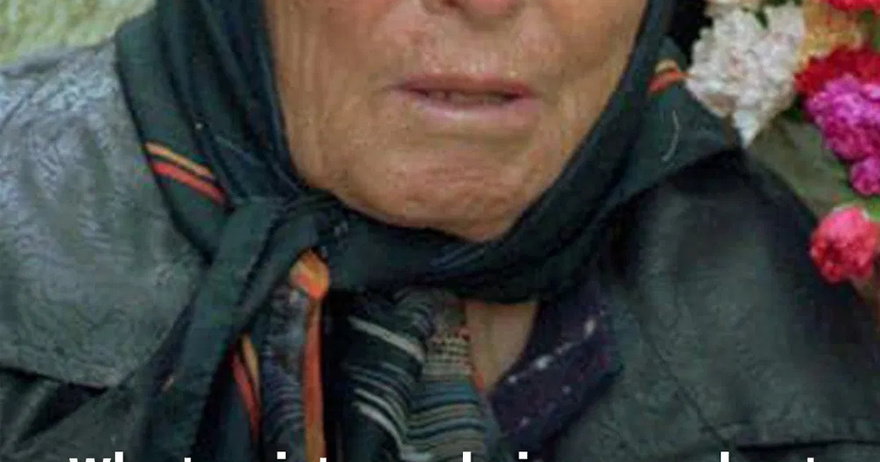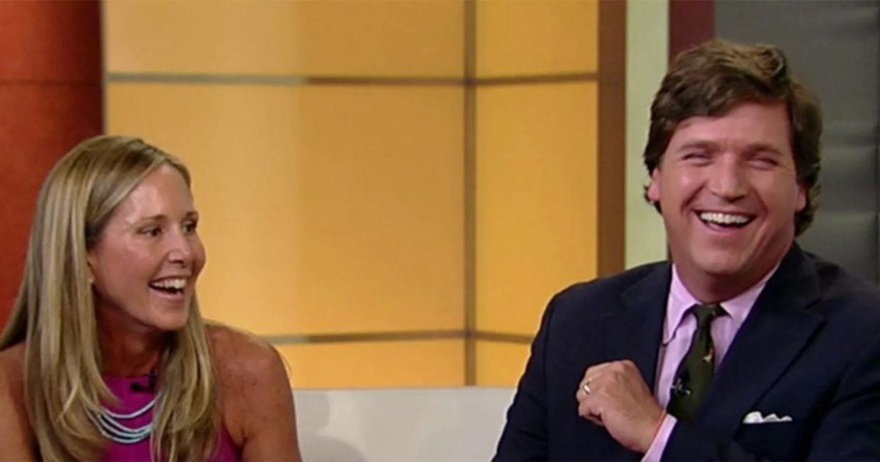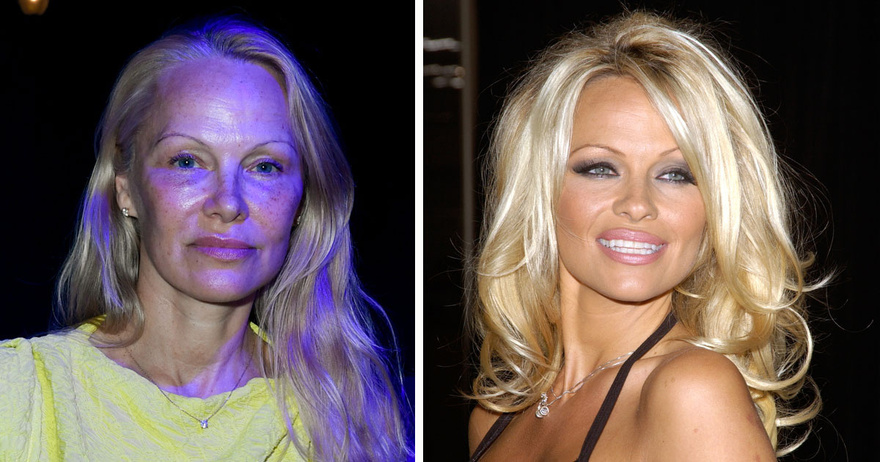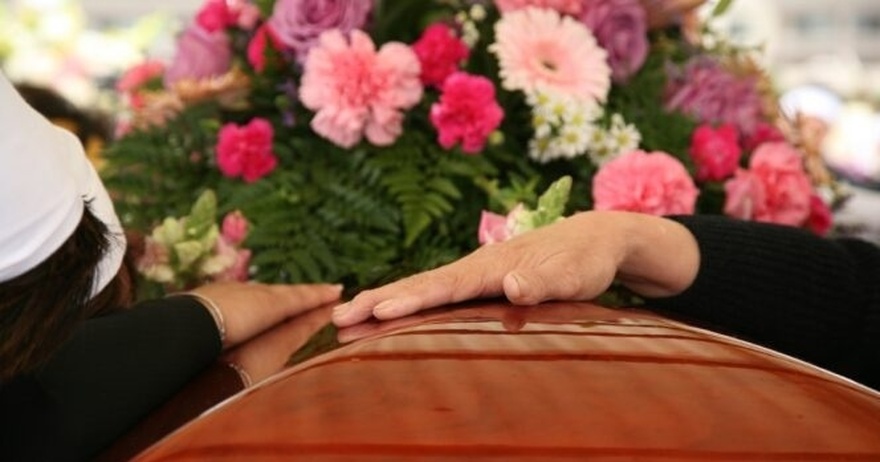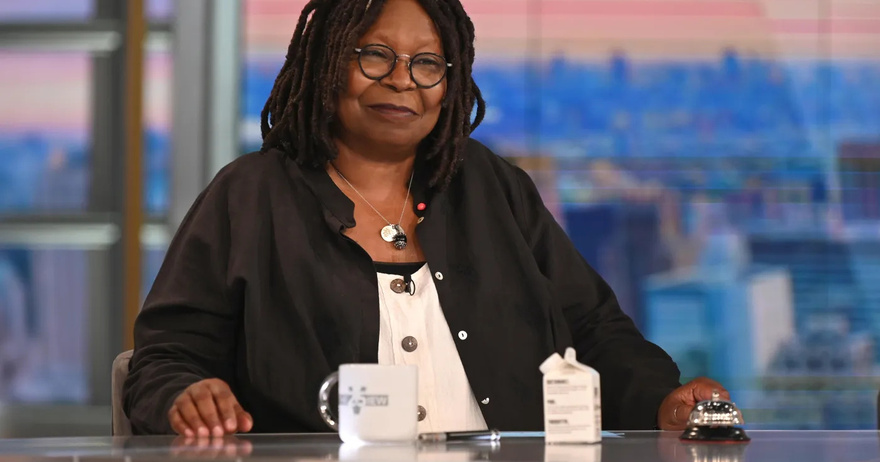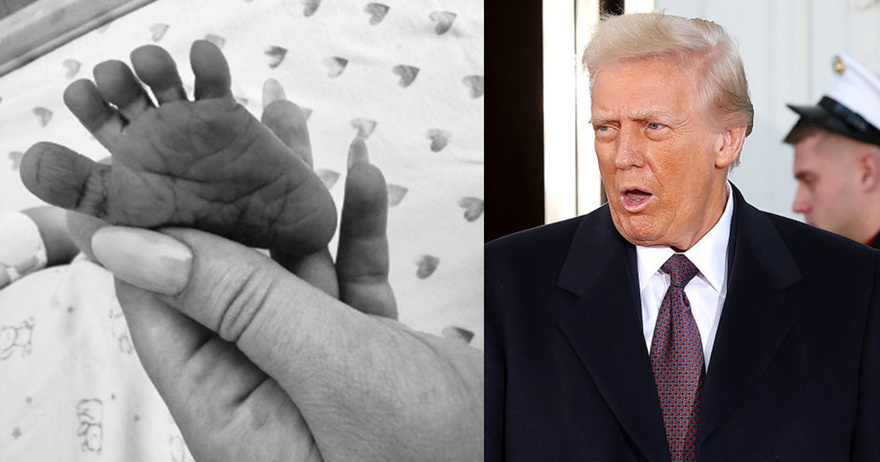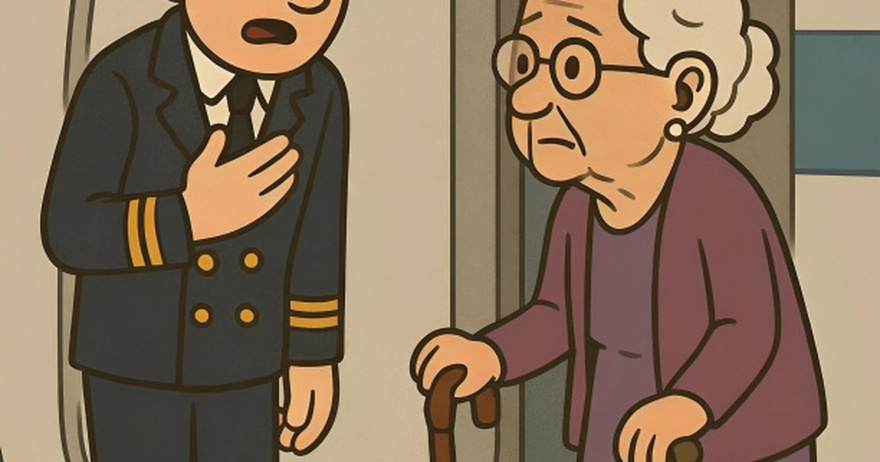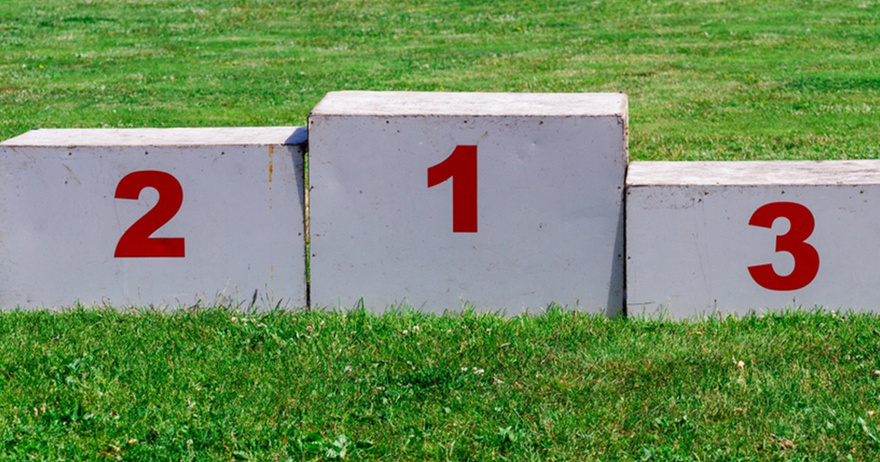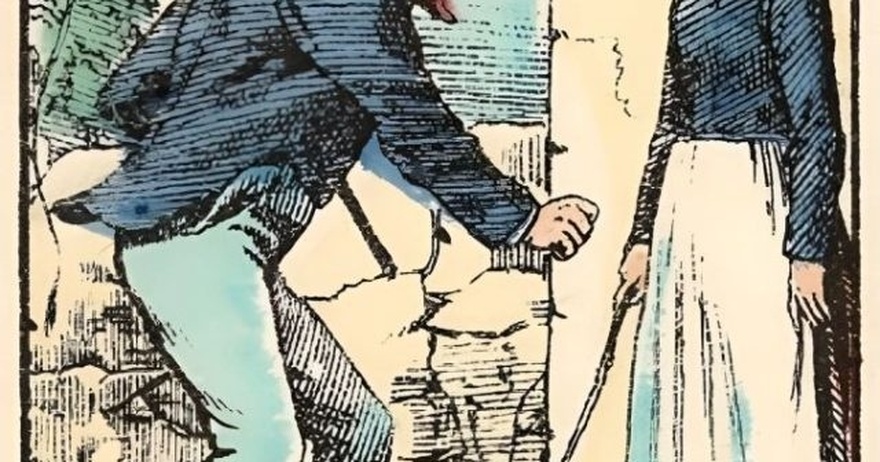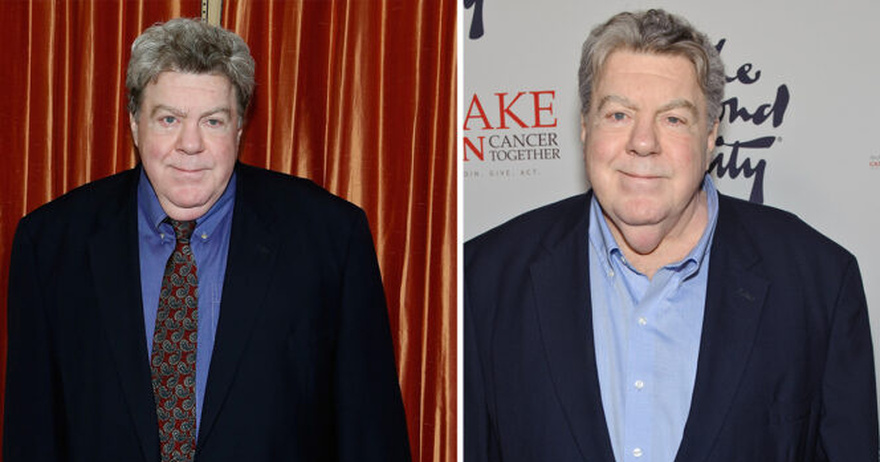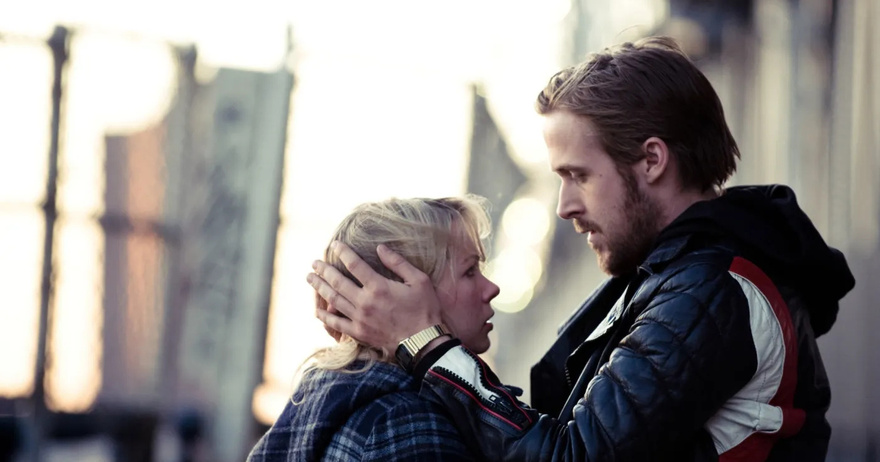Pope Francis recently passed away on the 21st of April at the age of 88, leaving his previously held position open. However, if you take a look at the list of potential candidates for the Pope’s succession, you may notice something – they are all male. That’s correct, as usual, the new pontiff will most likely not be a woman, thanks to a tradition that goes back hundreds of years. But in this day and age, should the pope’s succession still be tied to outdated and sexist religious traditions?
The Pope’s Succession and Gender Traditions
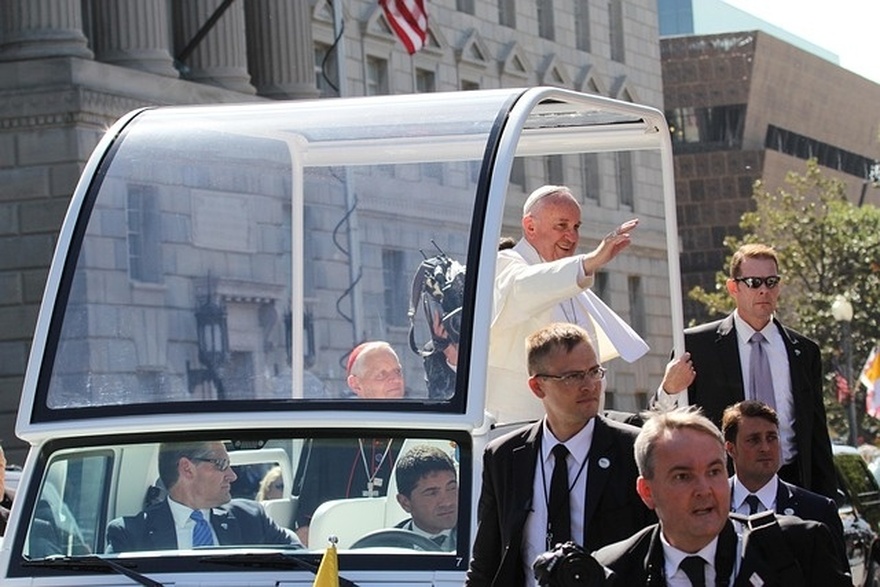
Pope Francis (Jorge Mario Bergoglio) passed away on Easter Monday of this year. But who will be the next to take on the role of the Pope of the Roman Catholic Church now that he is gone? Traditionally, the Papal Conclave will only convene to discuss the potential candidates after at least 15 days following the Pope’s passing. Additionally, they typically do this in secrecy within the confines of the Sistine Chapel. However, while we don’t know which of the eligible 138 candidates they will ultimately choose, one thing is certain – it will be a man. Pope Francis himself had pretty strong views on the subject regarding the Pope’s succession.
The rules state that any baptised man from around the world could be considered for the position. However, in practice, they typically choose a serving cardinal. They also state that the individual cannot be married and should already hold some position as either a bishop, priest, layman, deacon, or cardinal. And this is where we run into the issue, which effectively prohibits women from becoming pope – they are not allowed to become ordained priests. It’s a difficult rule to change as well, considering the tradition stretches all the way through to the 13th century, spanning the reign of 266 various popes.
A Progressive Pope

Pope Francis was regarded as a somewhat forward-thinking individual who broke with tradition in several instances during his reign. For one, he did not receive a papal salary, and he chose to stay in a humble guest house instead of the grand Apostolic Palace. Pope Francis was considered a progressive Pope due to his somewhat liberal views on LGBTQ rights and climate change. He was also known for advocating for certain reforms, including allowing women to receive more high-ranking positions in the Vatican. Francis also appointed more non-European cardinals than other Popes, hoping to achieve a more inclusive church.
Even his choice of burial place was a move away from tradition, requesting to be buried outside of the Vatican. Yet, when it came to this specific tradition, it seems he was not as easily moved. It appears that he felt women played an equally important but different role in the Catholic Church. According to Pope Francis, “That the woman does not enter into the ministerial life is not a deprivation. No. Your place is that which is much more important and which we have yet to develop, the catechesis about women in the way of the Marian principle.”
The Pope went on to hint that he felt women would be better at managing things and sees more roles for them in administrative roles. He went on to remark that his appointment of five women in such positions was “revolutionary”. He went on to say that “the advice of a woman is very important, and the decision of a woman is better”. One would think that would be great qualities for a Pope to have, no matter their sex.
